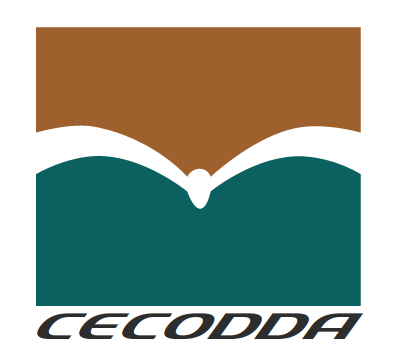STRENGTHENING THE ECOWAS CUSTOMS AND PORTS OPERATIONS
Posted on: December 14, 2020

Improving efficiency of customs and administrative clearance process of port operations in accordance with EPAs in Ports of the ECOWAS Area through the implementation of a Port Single Window Systems is the aim of the TCII Grant Action “Strengthening the ECOWAS Customs and Ports operations” implemented by FAIMM (Fondazione Accademia Italiana della Marina Mercantile) in collaboration with Académie Régionale des Sciences et Techniques de la Mer (Ivory Coast) and Port Management Association of West and Central Africa (Nigeria). This project is under implementation since June 2019 for a period of two years. The implementation of this action started in July 2019 for a period of 24 months.
The concept of the PORT SINGLE WINDOW is a tool allowing public and private parties involved in trade and transport to transmit information with a single-entry point, and to share information to optimize operations. It is also a tool that has specificities linked to maritime trade and port activities.
The port single window is a common environment for exchange of information among actors of the supply chain. It permits a facilitation of transactions and electronic monitoring of the administrative processes. It also improves monitoring of cargo handling and port work by authorities and private actors. It also enables electronic payments.
This facility allows the simplification of procedures, improved efficiency and optimisation of operation, reduced dwell time for cargo along with cost reduction for both private actors and public institutions, increased customs revenues and transparency.
The main public actors at the port are:
- Port Administration/Management;
- Customs Administrations;
- Health/Phytosanitary/Veterinary;
- Immigration;
- All actors of PCS, ISPS, etc…;
- Terminal Operators.
Private actors of the port are:
- Ship Crews;
- Stevedores;
- Pilots;
- Tugs;
- Freight forwarders;
- Shippers;
- Shipping lines and agents;
- Ship repair;
- Terminal operators.
The national and international actors can integrate within a National Single Window for external trade and with regional systems for information exchange.
The International Maritime Organization (IMO) has set mandatory requirements (valid since April 2019) with regard to electronic exchange of information on cargo, crew and passengers within the Convention on Facilitation of International Maritime Traffic (The FAL Convention). The IMO recommends the implementation of the “single window”, and it also has implemented a project to develop a “Model” Port Single Window for the use of developing countries.
The ongoing project is oriented at:
- Developing and implementing a Capacity Building Programme on the «Port Single Window», including:
- development of a medium term training programme, lasting 7 weeks and taking place in Abidjan for 15-20 people; and
- Development and implementation of 7 training sessions in the 7 target ports;
- Implementing a Grant Scheme to support small-scale actions to start-up or further develop the process for implementation of Port Single Windows;
- Developing a toolkit for decision makers to support implementation of port single windows;
- Setting-up of networking and regional cooperation arrangements: network of institutions and network of professionals.
Due to Covid-19 pandemic most of the activities of this action have been delayed or rescheduled. Nevertheless, the realization of a preliminary study on the implementation of modern practices for clearance of import, export, and transit-related regulatory requirements in West Africa was completed in March 2020.
The study led to the selection of the Countries that will be the target for the medium-term training and short-term training under work package 2: Ghana, Senegal, The Gambia, Guinea Conakry, Sierra Leone, Ivory Coast, Cape Verde. The implementation of this work package has been significantly delayed in respect to the original planning, due to the severe impact of the COVID-19 pandemic in the region.
Communication and awareness are crucial activities of this action. Under the work package 4 the project staff has developed a project internal and external communication plan and an awareness raising plan to enroll the main stakeholders and subjects involved in a multi competence environment were set up and these will help to define proposals, receive and transfer knowledge and draft bottleneck solutions concerning the related project topics.




